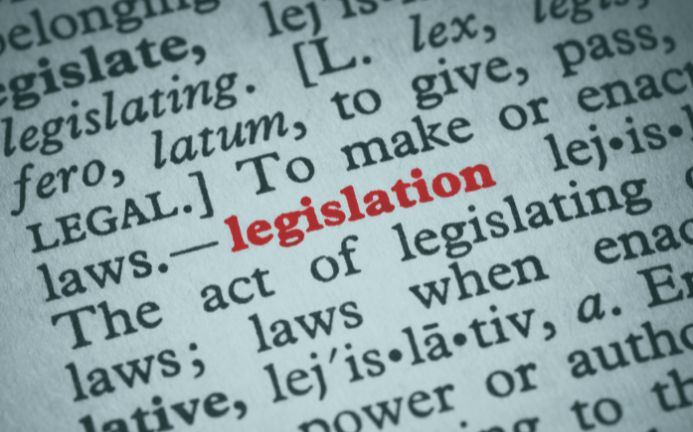
What to Consider When Writing Social Media Posts
What gets posted on social media can have tangible effects on women engaged in sex work. Content written and shared about im/migrant sex workers over social media can influence the way these people...

Current Journalistic Representation: Assessment & Suggestions from Im/migrant Women Engaged in Indoor Sex Work
As a journalist, you have the ability to influence how the public perceives im/migrant women engaged in indoor sex work.

Anti-trafficking Laws
In 2005, the Canadian government enacted criminal laws against human trafficking. To this day, despite amendments, these anti-trafficking laws lack a substantive basis in empirical evidence and...

Protection of Communities and Exploited Persons Act (PCEPA) Analysis
The Protection of Communities and Exploited Persons Act (PCEPA) criminalizes many activities related to sex work, putting sex workers at risk of violence, exploitation, and other crimes and human...

Protection of Communities and Exploited Persons Act (PCEPA)
On December 6, 2014, Bill C-36—the Protection of Communities and Exploited Persons Act (PCEPA)—came into force, regulating sex work in Canada with the stated aims of protecting sex workers,...

Sharing and Syndicated News Articles
Journalism has undergone some changes in the last decade–and it’s becoming more common to see operations becoming condensed.SWAN understands the immense pressures journalists face in this changing...

Writing Headlines about Im/Migrant Sex Work
It's still common to refer to sex workers through the direct or indirect use of terms connected to human trafficking or sexual exploitation.However, when misinformation or stereotypes about the...

Legislative Frameworks for Sex Work
Canada’s current legislative framework for sex work is an end-demand model called “partial decriminalization”, or the Nordic Model. Partial decriminalization purports to end the demand for sex work...
